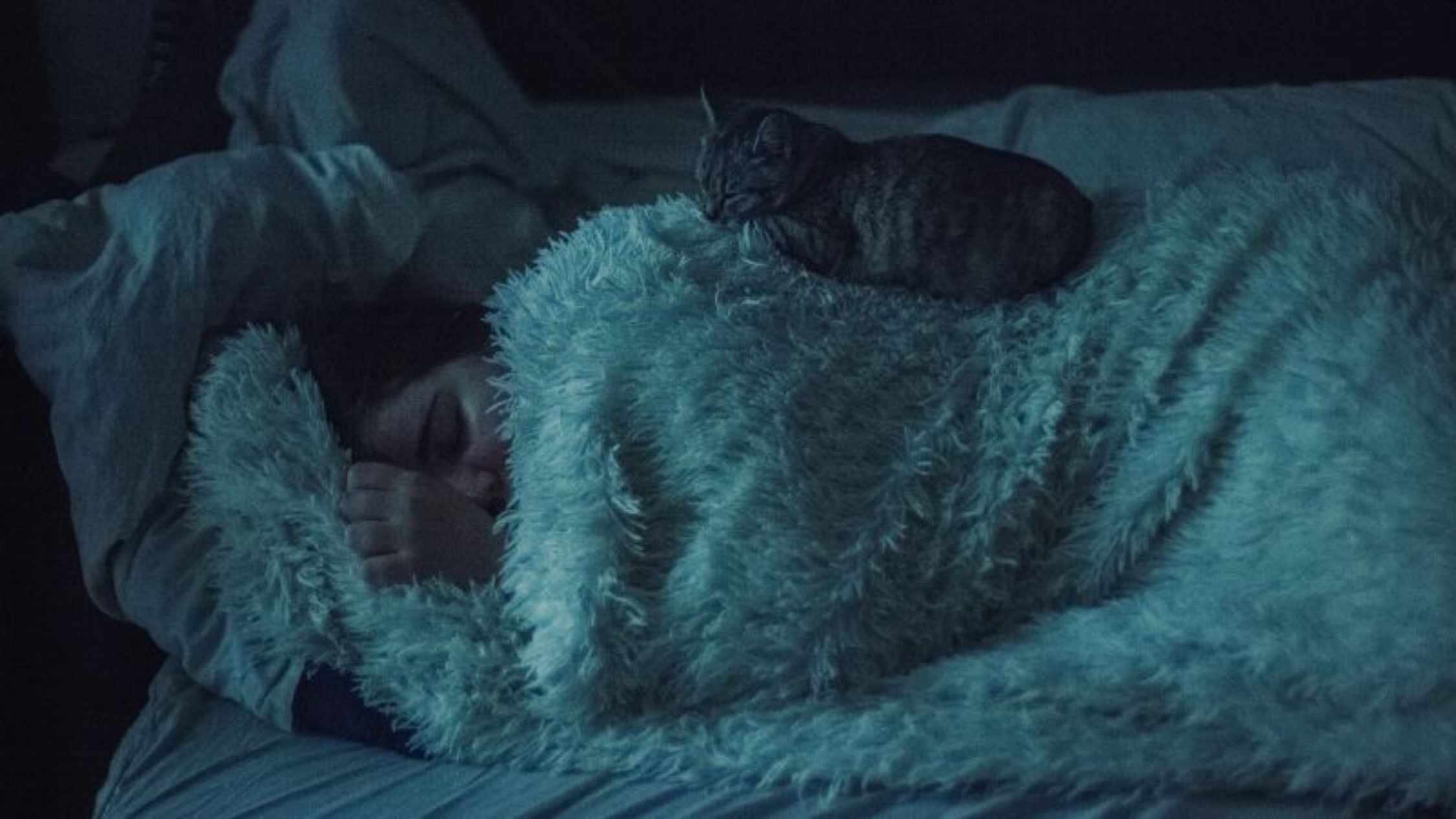The Winter Daze: Do you feel sleepier during the colder months?
According to a recent study, at least a third of American adults report sleeping more in the winter months. Dr. Raj Dasgupta, an associate professor of clinical medicine at Huntington Memorial Hospital, explained that despite the fact that adults typically need between seven and nine hours of sleep per night, the early onset of darkness during the winter can lead to a feeling of increased sleepiness.
A study conducted at St. Hedwig Hospital in Berlin found that participants slept approximately one hour more in the winter than in the summer. Additionally, participants experienced 30 more minutes of rapid eye movement (REM) sleep during the winter, which is characterized by increased dreaming and movement, as well as faster heart rate and breathing. Dr. Dasgupta highlighted the importance of REM sleep, which contributes to memory, concentration, mood regulation, and immune function.
The decrease in sunlight during the winter months can affect our circadian rhythm, causing an increased production of melatonin, a hormone that regulates sleep-wake cycles. With an earlier production of melatonin, it is natural to assume that the body may require more sleep during the winter.
Dr. Carleara Weiss, a research assistant professor at the University of Massachusetts, explained that light influences both the quantity and quality of sleep. Reduced exposure to light during the winter can result in increased REM sleep. Dr. Joshua Tal, a clinical psychologist specializing in sleep issues, also noted that behavioral factors, such as late nights and changes in routine, can cause the body to overcompensate for sleep deficits.
To adapt to the changes in the winter season, experts suggest making adjustments to accommodate the body’s need for more sleep. Dr. Weiss emphasized the importance of maintaining a consistent sleep schedule and exposing oneself to light in the morning. Additionally, light therapy, which involves exposure to a light box with a minimum of 10,000 lux for at least 30 minutes, can be helpful for those experiencing seasonal affective disorder. Dr. Jennifer Martin, a professor of medicine at UCLA, advised individuals struggling with seasonal depression to seek help from a healthcare or mental health professional.
As the colder months approach, it is important to be mindful of our sleeping patterns and make necessary adjustments to ensure a restful and rejuvenating winter season.
